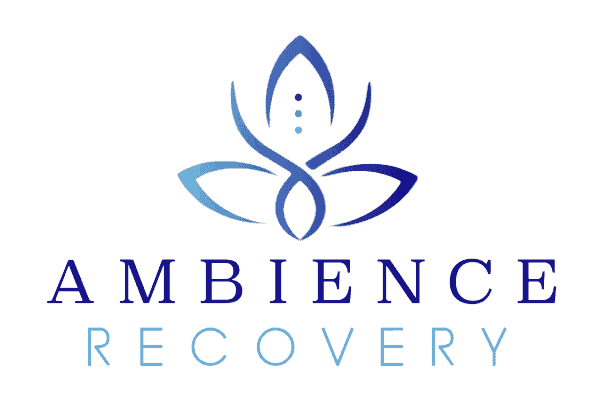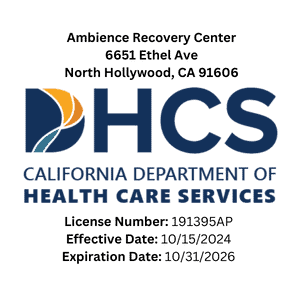Key Takeaways
- Long-Term Sobriety is Possible: Staying sober is achievable with the proper habits and support system.
- Healthy Routines Matter: Building good daily habits helps you focus on your recovery.
- Support Systems are Key: Staying connected to support groups and loved ones is crucial for long-term sobriety.
Introduction
It is an outstanding achievement to be sober for a long time, but it is not an easy task to remain sober for the rest of one’s life. It is a lifelong process, so knowing how to manage the recovery process is crucial. This article will look at some easy but practical long-term sobriety tips and discover the keys to successful sobriety that can help you change your life. Here are some tips that can help you recover, whether you are a newcomer or have been sober for some time now.
1. Build Healthy Daily Routines
Creating a healthy daily routine is one of the most important secrets to successful sobriety. Structure in your day keeps you focused and gives you a sense of purpose. Filling your day with positive activities leaves less room for temptation.
Here are some healthy habits you can include in your daily routine:
- Exercise: Regular physical activity helps boost your mood and energy levels. It also reduces stress, which can be a significant trigger for relapse.
- Eat Well: Eating balanced meals keeps your body strong and your mind sharp. Healthy eating is an essential part of recovery.
- Set Goals: Whether daily, weekly, or monthly, setting small goals gives you something to work toward. It keeps you motivated and focused on your progress.
2. Stay Connected to Support
It is essential to have people around to help avoid relapse and stay sober in the long run. Having friends and family who know what you are going through helps keep you on track in your recovery process. You can also seek help from a support group such as AA or NA, where you will find people who have gone through the same experience and can help you.
It is also crucial to rely on friends and family and support groups to help cope with the situation. You must have a few friends or family members to turn to when you need someone to listen to. Maintaining contact with your support network is important to remind you that you are not alone in your journey to recovery.
3. Identify and Avoid Triggers
Triggers are situations, feelings, or people that make you want to use drugs or alcohol. One of the best long-term sobriety tips is to identify your triggers and learn how to avoid them. Common triggers include:
- Stress or Anxiety: Work, relationships, and financial issues can cause stress, leading to cravings.
- Social Situations: Being around people who are drinking or using drugs can trigger a relapse.
- Old Habits or Places: Returning to places where you used to use drugs or alcohol can bring back memories and temptations.
Once you know your triggers, you can avoid risky situations or have a plan for how to handle them. Learning to manage triggers is a vital part of staying sober.
4. Manage Stress in Healthy Ways
Stress is one of the significant causes of relapse; hence, it is crucial to know how to handle stress healthily to maintain sobriety. Instead of turning to substances to cope with stress, try these more nutritious options:
- Practice Mindfulness: Meditation, deep breathing, and yoga can help calm your mind and reduce anxiety.
- Get Active: Physical activity, such as walking, jogging, or even dancing, can relieve stress and boost your mood.
- Find a Hobby: Engaging in hobbies like painting, gardening, or reading can help you relax and take your mind off stress.
You’ll be less likely to fall back into old habits by handling stress healthily.
5. Focus on Personal Growth
It is not just about not drinking or using drugs; it is also about changing for the better. Take the time to enhance other aspects of your life while you are in the process of recovery. Personal development goals should include learning a new skill, a new hobby, or working on relationships. It makes you feel that you have a direction in life and propels you to keep going.
6. Take it One Day at a Time
It can be pretty daunting to consider not drinking alcohol for the rest of one’s life. That is why one of the most essential pieces of advice for maintaining long-term sobriety is not looking too far into the future. Concentrate on what you can do today to ensure you do not drink. Do not be anxious about the future or be concerned about what may happen the following week. This is why it is easier to recover one day at a time.
7. Seek Professional Help When Needed
It does not matter how well you are recovering; there are moments when you will require more help. If you find yourself in a situation where you are likely to relapse, you must get help as soon as possible. Other professional treatment centers, such as Ambience Recovery, offer follow-up services to ensure that you do not relapse. Counseling, therapy, and support groups can help you learn how to handle problems and keep on living a drug-free life.
Conclusion
Achieving long-term sobriety is possible when you have the right strategies and support in place. You can stay sober and confidently continue your recovery by building healthy routines, staying connected to your support system, and focusing on personal growth. If you or a loved one seek support in your sobriety journey, contact Ambience Recovery at 866-721-7470. We’re here to help you build a successful recovery plan that works for you.
FAQs
What is long-term sobriety?
Long-term sobriety is the process of sustaining the recovery process and not drinking alcohol for a long time, often for years after the completion of the treatment.
What are some tips for staying sober?
Some of the tips are to create a healthy daily schedule, to engage with other people, to reduce stress, and to work on one’s self.
How do I avoid triggers that could lead to relapse?
Recognize your cues and avoid places, things, or people that may make you want to eat the forbidden foods. Find out how to deal with stress or anxiety that may lead to relapse so that you do not fall back into substance use.
Why is having a support system necessary for long-term sobriety?
A support system is a way of having someone to encourage you, to make you feel that you are not alone, and to help you through the tough moments of your recovery.
How can Ambience Recovery help me stay sober long-term?
Ambience Recovery offers personalized treatment plans, ongoing therapy, and support groups to help you stay on track with your sobriety goals and achieve long-term success.
Resources
https://www.samhsa.gov/find-help/recovery
https://www.ncbi.nlm.nih.gov/pmc/articles/PMC1852519/
Katie is a Licensed Clinical Social Worker who has worked as a primary therapist, supervisor, and now clinical director for SUD/MH treatment centers for the past 12 years. Katie is trained in Brainspotting, EMDR, Internal Family Systems and Dialectical Behavior Therapy and is passionate about treating substance use disorders, trauma and grief.






